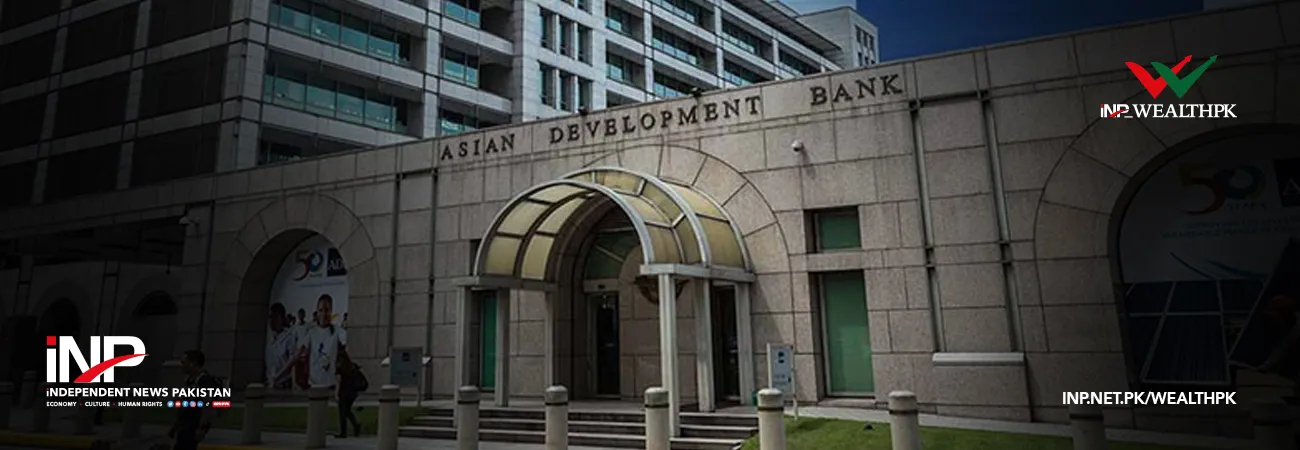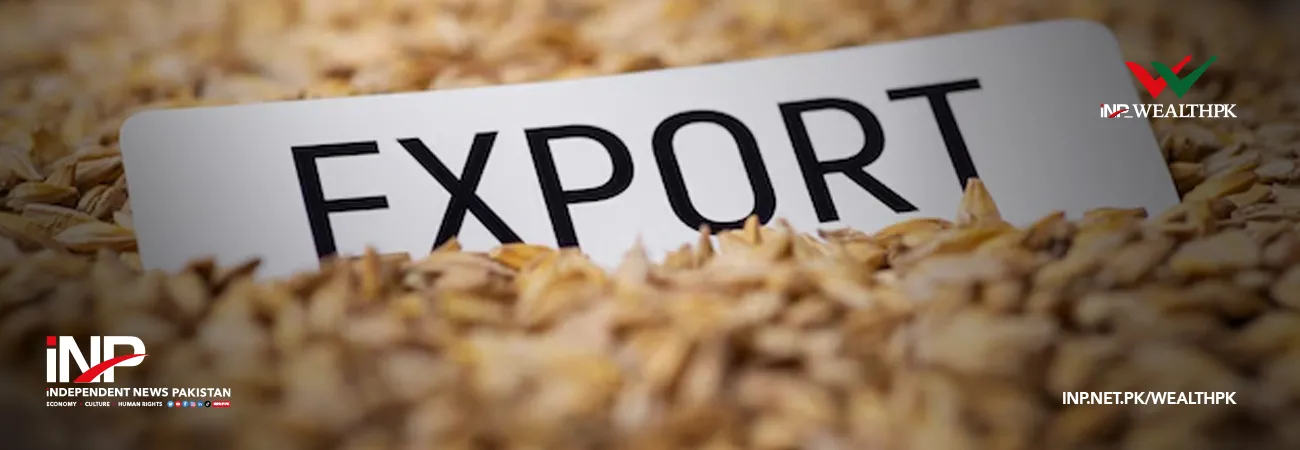INP-WealthPk
Qudsia Bano
With a $20 billion external financing gap, Pakistan urgently seeks to attract foreign exchange inflows as the new fiscal year begins. However, the path to securing these funds is fraught with complex geopolitical and economic challenges, reports WealthPK. All the friendly nations seek assurances about the continuation of the foreign investment policies before committing additional state funds or encouraging their private sectors to invest in Pakistan's lucrative agriculture, infrastructure, energy, mining, and information technology sectors. "The stakes are incredibly high. Pakistan's leadership is walking a tightrope, balancing external demands with internal political stability," said Dr. Mehmood Ahmad, a senior economist at the Pakistan Institute of Development Economics (PIDE).
"The country's ability to secure necessary funds hinges on its capacity to implement these multifaceted requirements. The government's strategy focuses on preserving foreign support, albeit at the cost of addressing the underlying causes of the expanding balance of payments deficit." Understanding these dynamics is essential to grasp the recent governmental maneuvers. As of June 24, the central bank reported foreign exchange reserves of just $8.9 billion, barely sufficient to cover two months of import bills. The government hopes to secure $7 billion in new IMF financing by the end of September, despite that it has not met all of the IMF's demands in the Budget 2024-25. "The next quarter would be a litmus test for Pakistan's economic management," said Dr. Nosheen, Finance Manager at the Habib Bank Limited.
"Even if the IMF loan is approved, the initial disbursement will not occur until late September or early October. This means Pakistan must manage its external debt payments independently during a likely expansion of the trade deficit." Despite this, Pakistan's overall balance of payments remained negative by $2.45 billion, underscoring the fragility of the external sector. Experts warn that unless the underlying causes of the balance of payments deficit are addressed, the rupee will depreciate further in FY25. "Maintaining a stable exchange rate amidst a large balance of payments deficit is unsustainable," said Dr. Nosheen. "The rupee will inevitably lose value unless there is substantial growth in exports and remittances to offset the increasing imports," she added.
Credit: INP-WealthPk













